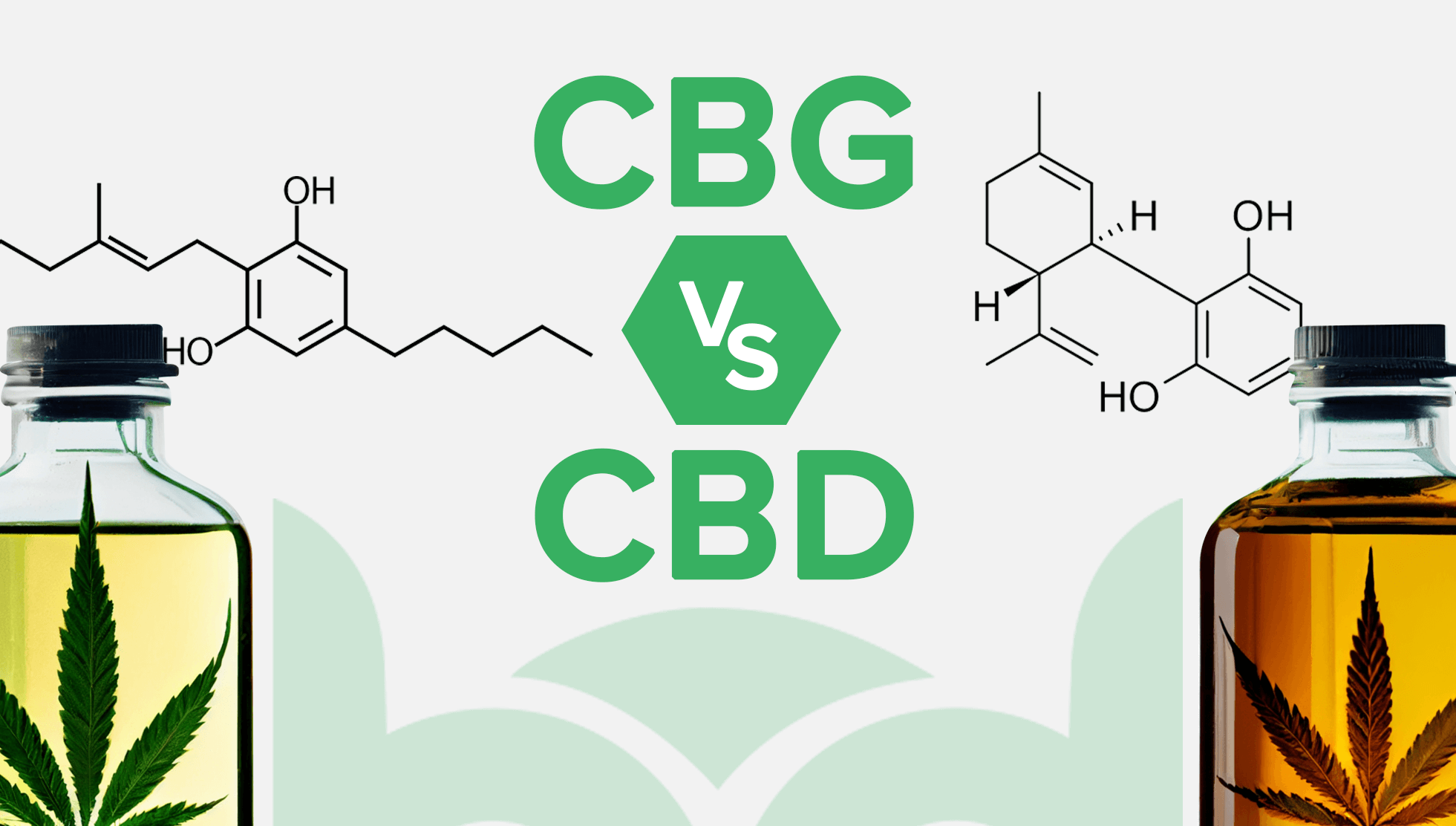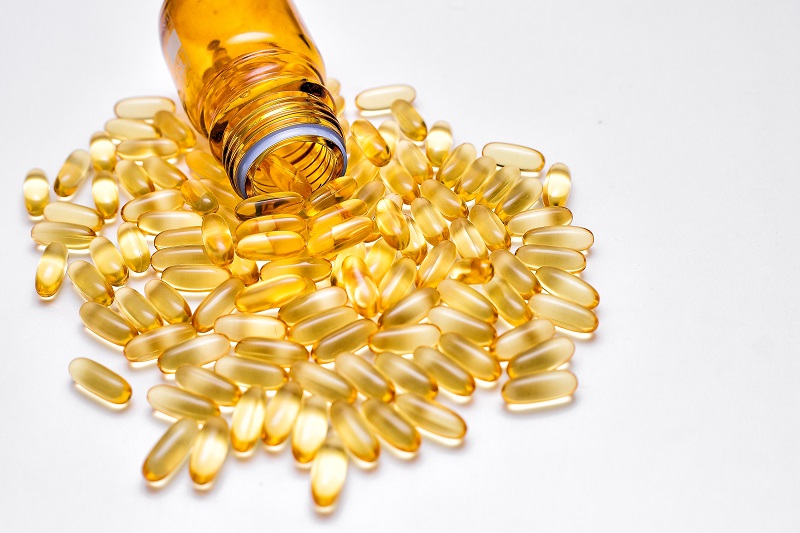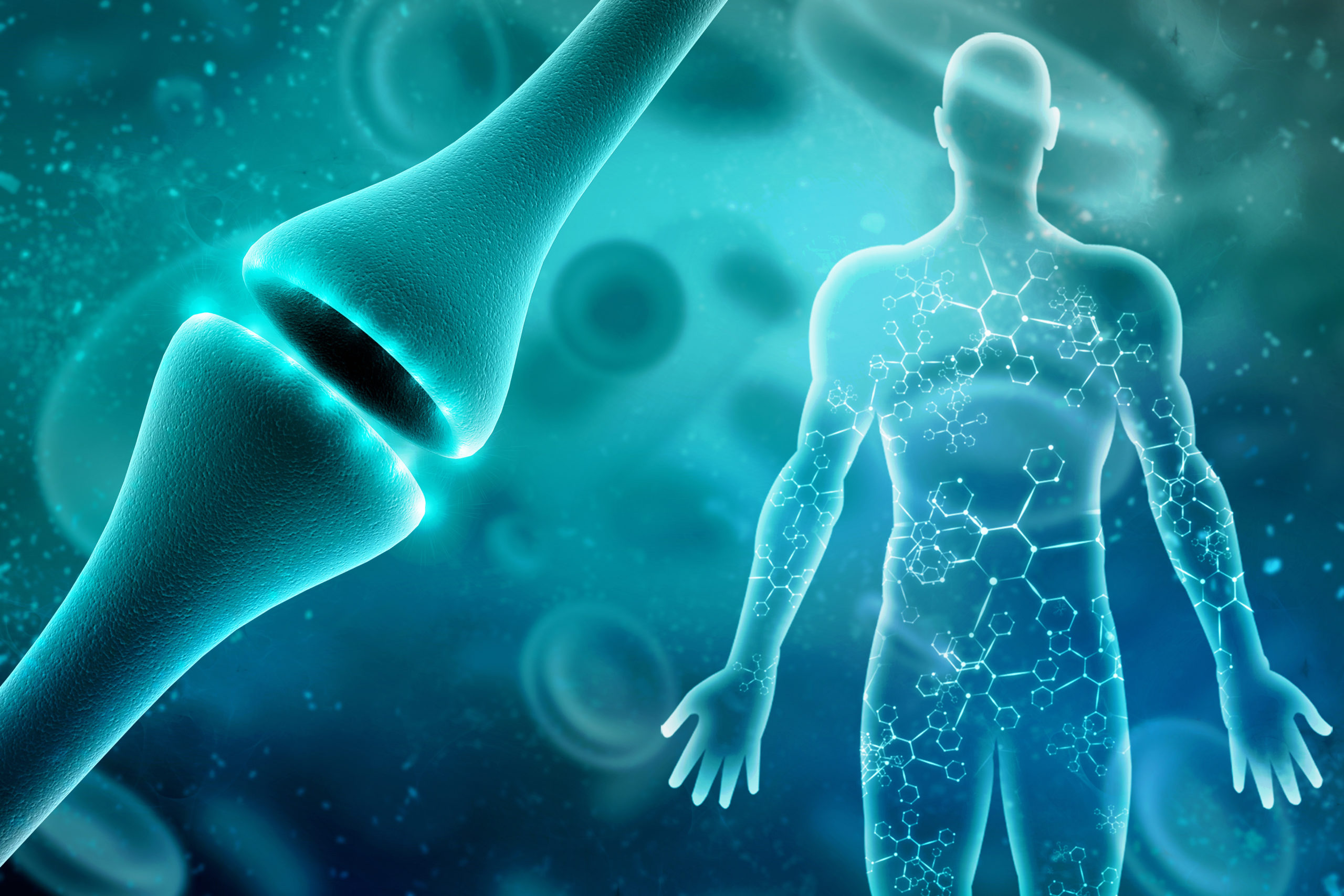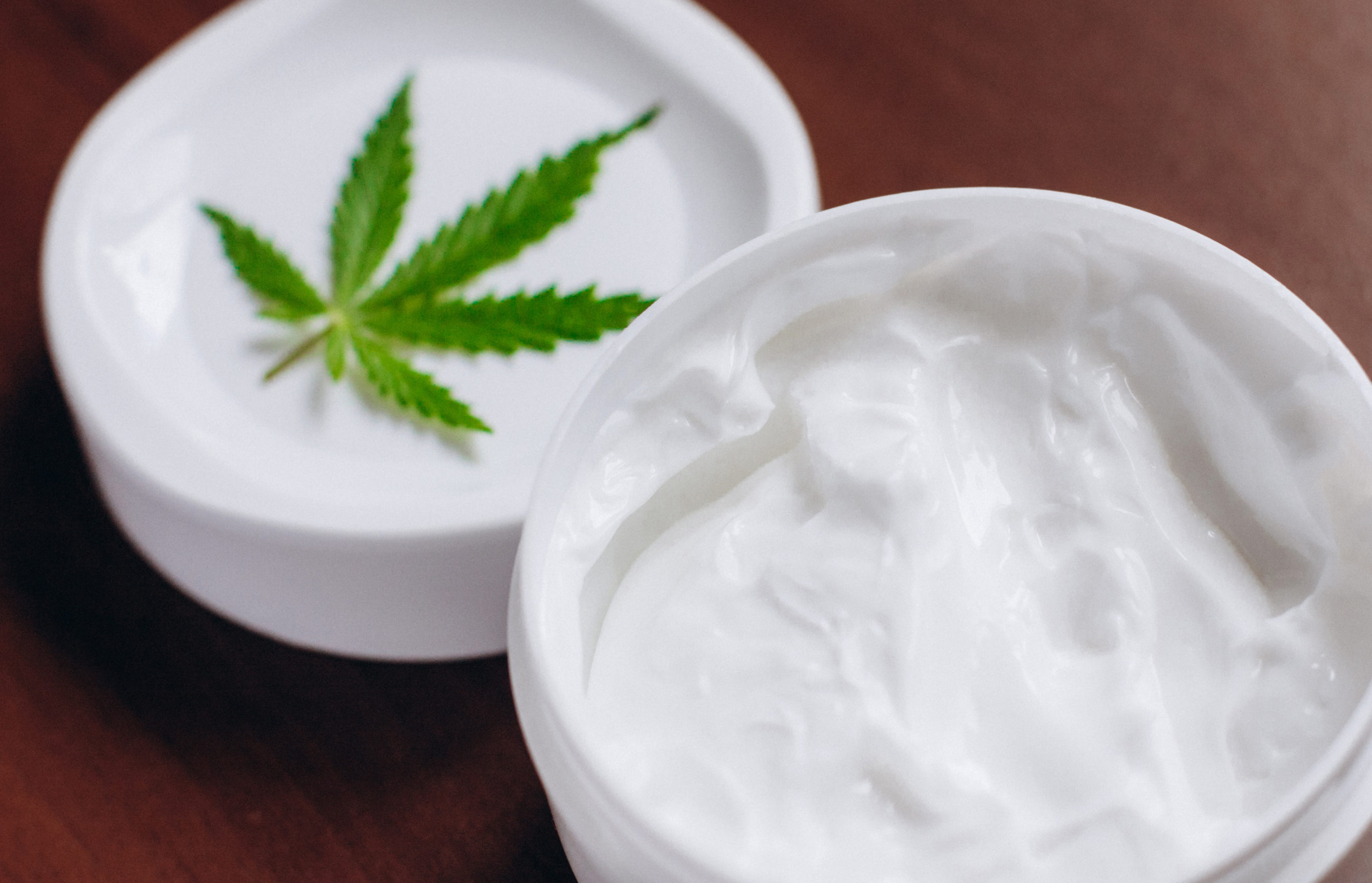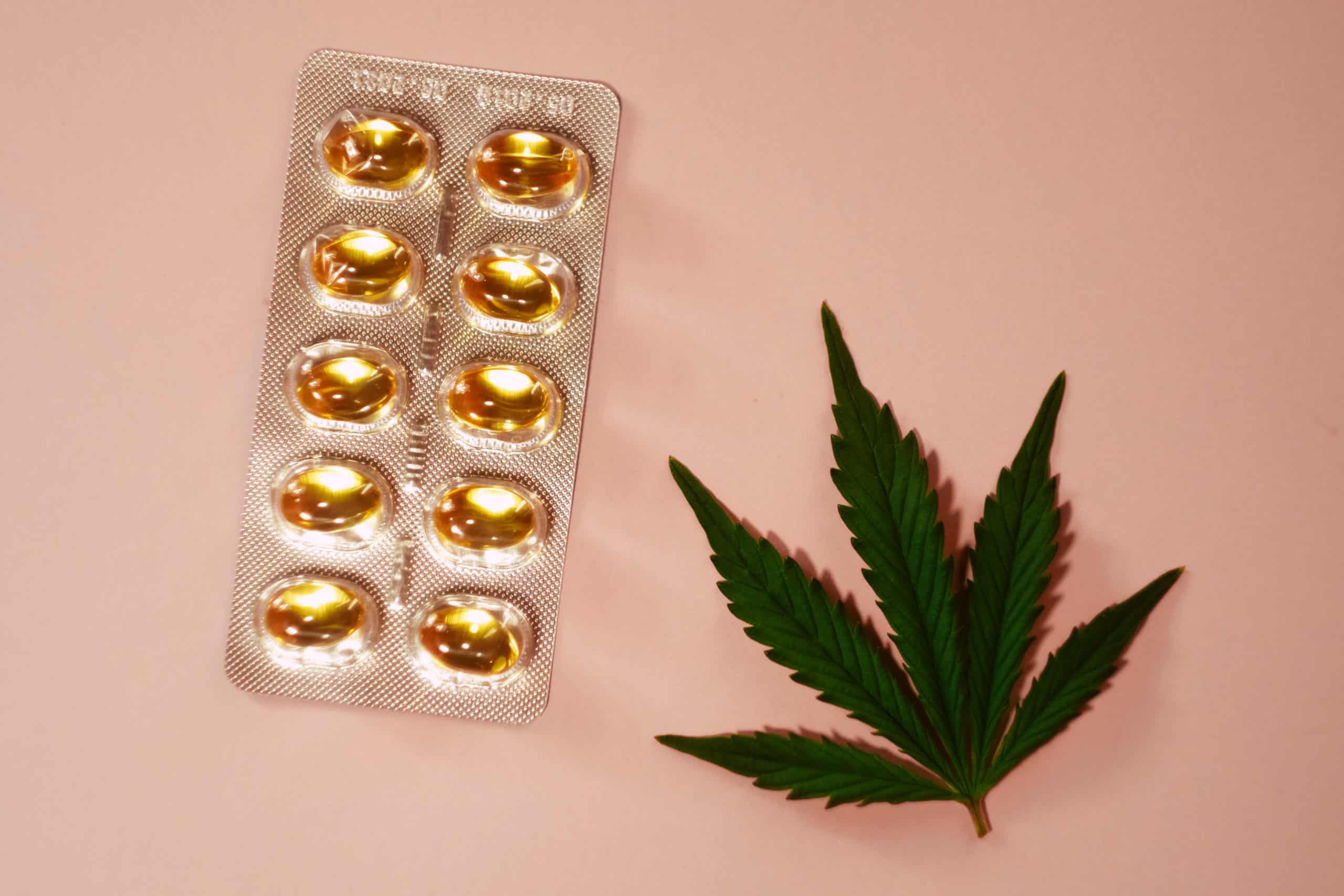-
- Market Research
- |
- CBD Near Me
- |
- Giveaways
- |
- Newsletter
- |
- Contact
- |
- Advertise
- |

According to the CDC, “almost half of adults in the United States suffer from hypertension.” That translates to roughly 108 million Americans who battle high blood pressure. Of those, “only about 24% of adults with hypertension have their condition under control.” As cardiovascular health awareness increases, people are searching more than ever for tools to help curb an elevated blood pressure, which has them wondering if CBD can lower blood pressure.
Can CBD Lower Blood Pressure?
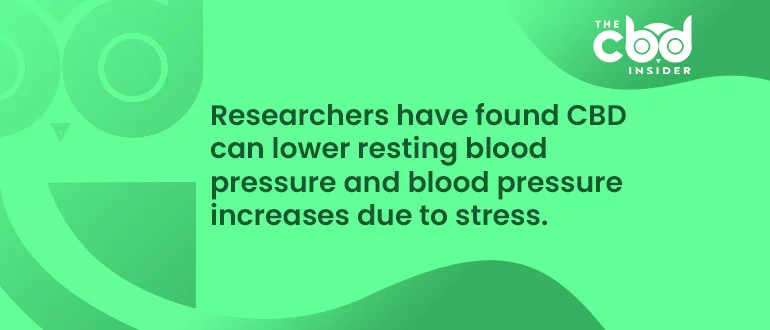
As CBD has taken the world by storm with its growing list of potential benefits, it is no surprise that researchers have started exploring its potential use in the treatment of high blood pressure.
In a study published by the American Society for Clinical Investigation, scientists experimented with CBD to lower blood pressure.
Researchers gave nine “healthy male volunteers” a single dose of 600mg of CBD, monitoring blood pressure before, during, after, and under stress, both pre- and post-administration.
This placebo-controlled, double-blind, crossover study was the first of its kind but likely not the last.
The results of the study led researchers to conclude that (emphasis added) “acute administration of CBD reduces resting BP and the BP increase [due] to stress in humans, associated with increased HR.”
Researchers also concluded that further research was warranted to definitively determine CBD’s ability to reduce blood pressure.
It should be noted that the sample size (n=9) of this study was relatively small, the study only considered male test subjects, and the dose of CBD administered was relatively large (600mg).
This doesn’t discredit the findings, but instead, signals other labs to continue researching CBD’s role in cardiovascular health.
Other Potential CBD Benefits
High blood pressure is far from the only condition CBD has shown promise in terms of providing relief. There are currently over 300 clinical trials underway involving CBD. Scientists worldwide are in a race to uncover the mysteries of this naturally occurring compound produced by the cannabis plant.
Although numerous studies are in progress, promising anecdotal evidence of CBD’s potential benefits have blanketed the internet. CBD users frequently report pain relief, anxiety relief, and even a reduction of drug-seeking behavior in those suffering from substance use disorders.
The CBD Insider 2019 US CBD Consumer Report, which surveyed over 1,000 individuals, reported the following:
- 82.4% of CBD users who use CBD for energy reported CBD being very or extremely effective for increasing energy
- 79.5% of CBD users who use CBD for mood reported CBD being very or extremely effective for mood
- 78.9% of CBD users who use CBD for relaxation reported CBD being very or extremely effective for relaxation
- 76.8% of CBD users who use CBD for sleep reported CBD being very or extremely effective in helping them sleep
- 67.4% of CBD users who use CBD for aches/discomfort reported CBD being very or extremely effective in providing relief from aches/discomfort
However, not all evidence of CBD’s benefits is anecdotal. In 2018, the FDA approved the use of Epidiolex, a CBD-based prescription drug, by individuals experiencing intractable seizures as a result of Lennox-Gastaut syndrome or Dravet syndrome, both rare forms of epilepsy. Additionally, Epidiolex may be administered for the control of seizures in those diagnosed with tuberous sclerosis.
What is CBD?
Cannabidiol or CBD is a naturally occurring compound that is produced by the cannabis plant. CBD is a cannabinoid, just like its infamously intoxicating relative, THC. CBD and THC are just two of over 100 cannabinoids that are produced by cannabis. Labs are actively trying to isolate new cannabinoids. As recently as 2018, Canadian researchers discovered 21 new cannabinoids.
Although CBD is closely related to THC, it doesn’t maintain any of THC’s intoxicating effects, thus foregoing any use for recreation. That said, users should be aware that some CBD products, namely those purchased at cannabis dispensaries, may also contain THC.
CBD’s popularity has led to its use in countless product categories. With CBD being readily available in the majority of retailers nationwide, its selection of products has quickly grown to include items like capsules, vapes, drinks, candies, smokable flower, oils, salves, and more.
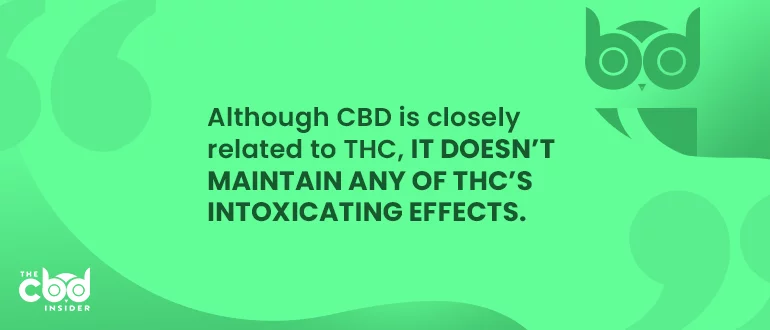
Is CBD Legal?
The passing of the 2018 Farm Bill resulted in CBD being deemed federally legal but not without some caveats. Concentrated CBD extract that is used in the majority of CBD products, according to the 2018 Farm Bill, must be derived from hemp.
According to the USDA, a cannabis plant containing less than 0.3% THC is categorized as hemp. Cannabis plants with a THC concentration higher than 0.3% are still considered marijuana. Processing facilities can extract CBD from hemp and marijuana, but only hemp-derived CBD is federally permitted for sale by nearly all retailers. Marijuana-derived CBD must only be sold at registered cannabis dispensaries.
Just because CBD has been deemed federally legal doesn’t necessarily mean that it is considered legal by your state and/or local authorities. While the majority of states simply adopted the terms of the 2018 Farm Bill, some have yet to do so. We recommend checking out our state-by-state legality tool for information on your state’s CBD rules and regulations.
CBD Risks and Side Effects
Like most things, CBD doesn’t come without the possibility of side effects. Though typically considered mild, it is important to remain informed of potential side effects that may be caused by CBD. This information will better develop your expectations of CBD and provide a better foundation to know what effects are normal and when supplemental advice may be warranted.
Contraindications
Like many other medications and supplements, CBD can potentially impact how efficiently your body metabolizes certain medications. This is due to how the body breaks down CBD. Many supplements, medications, and even some foods, are metabolized using specific enzymes. In the case of CBD, the Cytochrome P450 (CYP450) enzyme is used to render the CBD molecule into a useable state.
Where CBD users may experience issues is if they are also using other substances that rely on the CYP450 enzyme to reach circulation as well. The inhibition of CYP enzymes by CBD can possibly result in higher than desired levels of other medications in users.
With an estimated 70-80% of medications relying on CYP enzymes, you should always consult with your medical advisor before beginning CBD and especially if you are on other prescription or over-the-counter medications.
Don’t let this steer you away from CBD though. These types of contraindications are more frequent than not with modern medicine. Your primary physician will be able to provide more details regarding personal risk factors you may face by incorporating CBD into your routine.
Side Effects
CBD is considered to be well-tolerated by the majority of users; however, like most things, there are a few potential side effects. In 2017, the Journal of Cannabis and Cannabinoid Research published their findings around CBD safety and side effects. This study found that tiredness, diarrhea, and appetite/weight changes were amongst the most commonly reported side effects of CBD use.
This doesn’t mean that everyone will experience side effects from CBD. An internal survey of 2,000 customers conducted by CBDistillery revealed that 93% of individuals don’t experience any side effects from CBD. [8]
Limited Research Available
Although there are over 300 CBD-based clinical trials currently underway, it is important to bear in mind that researchers still have a lot of mysteries to unwind when it comes to this and other naturally occurring cannabinoids.
With the passing of the 2018 Farm Bill, many of the regulatory hurdles that previously prevented labs from conducting CBD research, have been removed. This is likely the reason for the exponential uptick in the amount of studies being conducted in the previous two years.
Evidence of CBD’s potential benefits has been nothing shy of promising, but we must remember that much of this evidence remains anecdotal. This doesn’t discredit the countless claims of CBD improving users’ quality of life but is simply a reminder that CBD cannot be treated as a one size fits all treatment option until more research is available.
Bunk Products and Unknown Ingredients
Most industries have to deal with the occasional shady character and CBD follows this trend as well. With its quick rise in popularity, it should come as no surprise that some CBD brands may not have their customers’ best interest in mind.
Until further regulation is in place, it is imperative that CBD users remain vigilant and educated around the best practices when purchasing CBD. Knowing which red flags to watch out for and the proper questions to ask before purchasing are key in ensuring you’re putting the highest-quality CBD product in your body.
We recognize the negative impact on the CBD industry caused by a few bad players, which is one of the reasons we created our CBD knowledge center. This free resource will provide much of the education required to avoid questionable CBD products.
How to Identify High-Quality CBD Products
Aside from checking out our CBD knowledge center or making sure your CBD brand is listed on our Trusted Brands tool, there are a few items that users should always verify before using a CBD product.
Regardless of where or from whom you purchased your CBD, every product should have a matching certificate of analysis (COA) available. Brands commonly use a QR code or provide a URL on the product’s label, linking to that product’s respective COA. If these aren’t available from the product’s label, checking the brand’s website is another option.
COA’s are documents provided by third-party labs to CBD brands. These third-party labs analyze samples of the product for not only CBD content but also for potentially harmful substances like mycotoxins, pesticides, and heavy metals.
If you’re unable to locate your brand’s COA, we recommend contacting them through their website or social media. A reputable brand is always happy to provide a COA for any of their products and discuss any questions you may have regarding the COA.
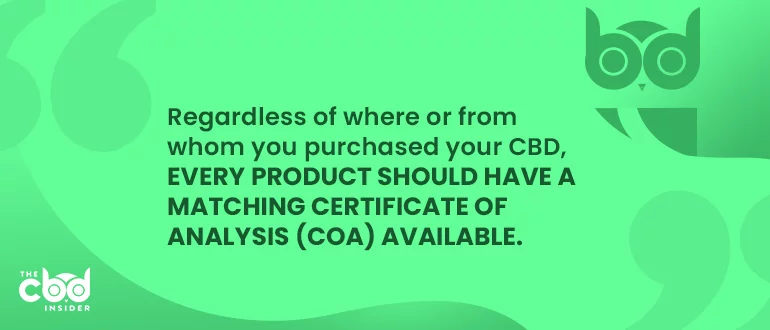
Conclusion
If you’re interested in trying CBD to reduce your blood pressure, we recommend speaking with your health care provider to develop a monitoring plan. With growing support behind CBD, medical professionals are gaining interest in this compound now more than ever.
Evidence of CBD’s ability to lower a user’s blood pressure is still limited but early studies render promising results. As more research becomes available, we expect a much clearer view into CBD’s potential cardiovascular benefits.
We also recommend signing up for our free CBD Insider newsletter. This is a great resource for the latest CBD news, research findings, and product reviews.


